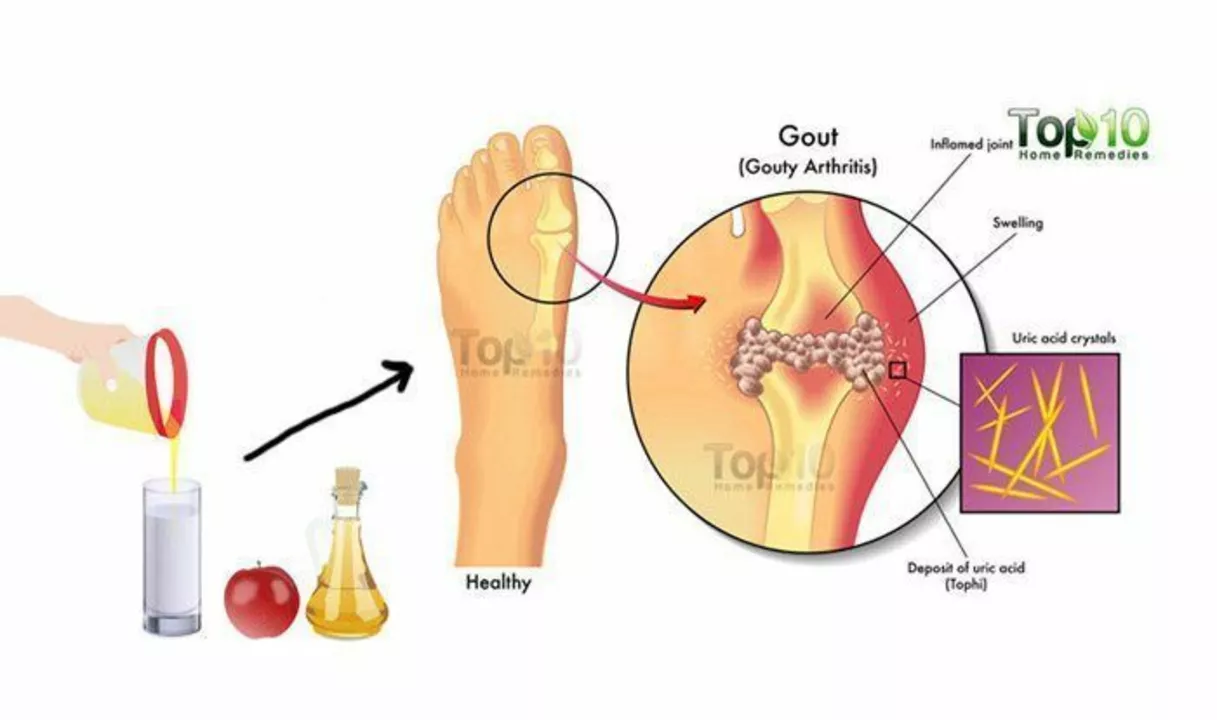How to Manage Your Medications Effectively
Keeping track of the pills you take can feel like a full‑time job. The good news is that simple habits can make it easy, save money, and keep you safe.
Building a Reliable Medication List
Start by writing down every prescription, over‑the‑counter drug, and supplement you use. Include the name, dose, how often you take it, and why you were prescribed it. A paper notebook works, but most people find a phone app faster because you can set reminders.
Update the list whenever a doctor changes something or you add a new product. When you visit a pharmacy, show them the list – they’ll spot duplicates or interactions you might miss.
Choosing Safe Online Pharmacies
If you need to order meds online, look for pharmacies that require a valid prescription and display a physical address. Check if the site is verified by national regulatory bodies – in Australia that’s the TGA, in the US it’s the FDA.
Read reviews, but focus on comments about product authenticity and customer service. A pharmacy that offers a pharmacist chat or phone line gives you a chance to ask questions before you buy.
Never share your credit card info on sites with “http” only – the ‘s’ in https means the connection is encrypted.
When an offer sounds too good to be true, it probably is. Extremely low prices often mean counterfeit pills, which can be dangerous.
Once you receive a shipment, check the packaging for tamper‑evident seals and compare the pill’s shape and imprint with official pictures from the drug label.
If anything looks off, contact the pharmacy right away and report it to your health authority.
Beyond the pharmacy, managing meds means timing. Set alarms that match your schedule – morning, lunch, bedtime – so you never miss a dose.
Keep a small bag of daily pills in one place. If you travel, pack a separate pouch with just enough for the trip and label it clearly.
Side effects are part of many meds. Write down any new symptoms and how long they last. Bring this log to your next doctor visit; it helps them decide if a dosage change or alternative is needed.
Speaking of alternatives, sometimes a brand name drug has a cheaper generic version that works just as well. Ask your pharmacist if a switch is safe for you.
If you’re looking at non‑prescription options – like herbal supplements or vitamins – treat them the same way: check dosage, interactions, and quality certifications.
Many people forget to involve their doctor when adding a supplement. A quick call can prevent unwanted reactions, especially if you’re on blood thinners or heart meds.
Use your medication list as a conversation starter with any new health professional. It shows you’re organized and helps them give better advice.
Finally, store all pills in the original container whenever possible. The label has important info about storage temperature and expiry dates.
If a bottle is empty, discard it safely – many pharmacies have drop‑off bins for unused meds to keep them out of the environment.
Managing your medications doesn’t require fancy tools or expensive services. A clear list, reliable pharmacy choices, timely reminders, and open communication with your health team are enough to stay on top of everything.
How to Manage Cabergoline Withdrawal Symptoms
As a blogger, I recently delved into the topic of managing cabergoline withdrawal symptoms. Through my research, I discovered that it's essential to consult with your doctor before stopping the medication, as they can guide you through the process safely. Gradually reducing the dosage is crucial to minimize adverse effects. Additionally, it's important to maintain a healthy lifestyle, including proper diet and exercise, to support your body during this transition. Finally, seeking emotional support from friends, family, or therapy can make a significant difference in managing withdrawal symptoms.
Gouty Arthritis and Stress: How to Manage and Minimize Flare-Ups
Gouty arthritis can be a painful and challenging condition to manage, particularly when stress comes into the picture. To minimize flare-ups, it's essential to maintain a healthy lifestyle, including staying hydrated, eating a balanced diet, and exercising regularly. Additionally, finding effective ways to cope with stress, such as practicing mindfulness or seeking support from friends and family, can significantly reduce the risk of gout attacks. Remember, it's crucial to listen to your body and rest when needed, as pushing yourself too hard can exacerbate symptoms. Lastly, don't hesitate to seek professional help if you're struggling to manage your gout or stress levels.






